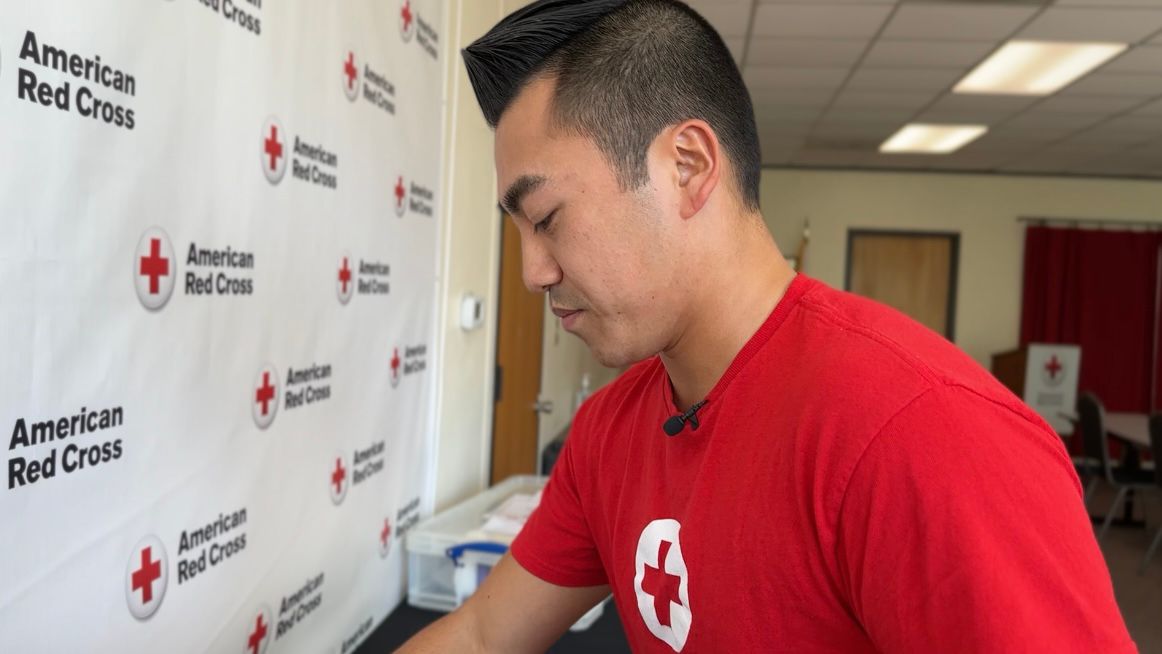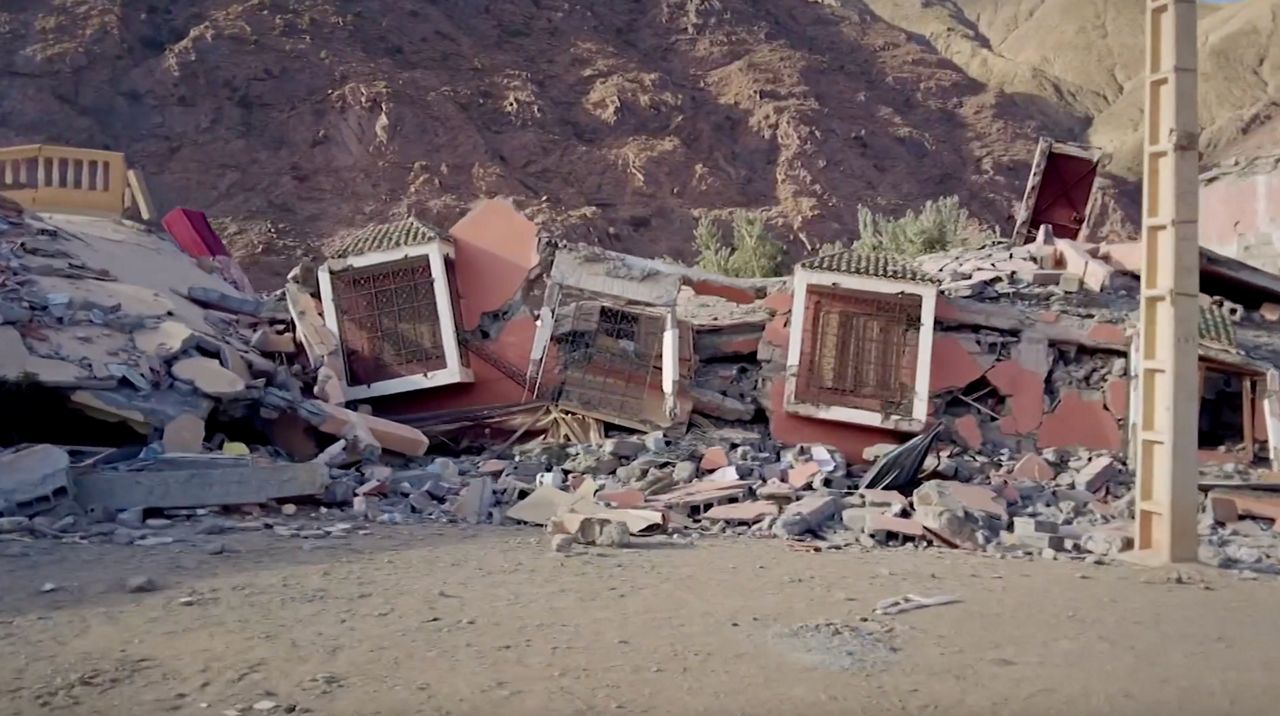RALEIGH, N.C. — National Preparedness Month encourages people to be prepared for increasingly more frequent and more intense weather events, but with the number of natural disasters the world has seen recently, instead of preparation relief organizations like the Red Cross are seeing a type of “disaster fatigue” setting in.
In the wake of recent natural disasters seen in Hawaii, Morocco and Libya, many people are struggling to comprehend the loss and devastation. In those three events alone, at least 9,000 people are missing and 4,000 are dead so far in Libyan floods, nearly 3,000 in earthquakes in Morocco and around 100 in the Hawaiian wildfire.
In turn, organizations who provide aid and relief find themselves struggling to gather resources.

“Our organization is based around volunteers, it's based off donations,” said Tai Wong, who works with the Red Cross. “And that's why it's very important when we are reaching out to individuals, even when it's nice and blue skies and sunny skies right now in your own backyard, to still feel that initiative of, you know, I'm going to raise my hand, I want to help other individuals.”
Overcoming a natural disaster like a flood or wildfire can seem impossible and relief organizations say they’re seeing a type of “disaster fatigue” setting where a weary public is flooded with images of people in need.
“It's one thing to see the disaster on social media, it's one thing to see disasters on the news,” Wong said. “But when you are actually on the ground and seeing these types of disasters firsthand, it really is devastating and heartbreaking.”
When every day seems to present a new disaster, the Red Cross says people aren’t taking them as seriously as they used to.

“With so many events happening, people are starting to feel that fatigue of just, ‘oh, it's another disaster,’” Wong said. “And also, with this type of fatigue, people are also forgetting that they are not in the clear; a disaster can happen anywhere at any time.
Donating blood, volunteering or making a monetary donation are easy ways to partner with organizations like the Red Cross, which says the need to help during disasters has never been greater.
“I just hit my one-year mark last week and I've already responded to five disasters, two of them locally, three of them big disasters from tornadoes, hurricanes and now a wildfire,” Wong said. “So I understand, ‘Oh, here comes another disaster,’ but again, I know that I'm in the position where I'm able to help individuals, and that's exactly what I'm going to do.”
The Red Cross shared that there is a Disaster Distress Hotline available at 1-800-985-5990 for anyone who may be struggling to process their emotions, courtesy of the Substance Abuse and Mental Health Services Administration.






